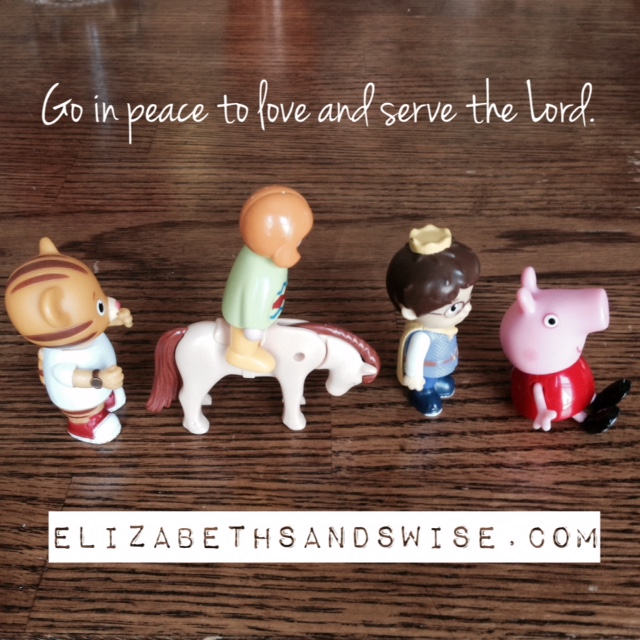
Friends,
When I started writing Texas Schmexas posts in 2010, I was a lone soul on the hunt for community in the middle of America. Well, not exactly a lone soul. I discovered that there were many of us looking for it–and many ways to find it–if I just looked around, paid attention, and asked you to do the same. I grew a lot in the years I wrote about community.
It was here at Texas Schmexas that I first announced the publication of my chapbook of poems, Enough for Today. It was here at Texas Schmexas I made public the news that we were expecting our first wee one. It was here that I created a new online community, a few of whom, to my surprise, I’ve kept up with through the years.
Unless you’ve really not been paying attention, you know that I stopped writing new posts about community a few years ago. It was partly that I had become well-rooted within a community and felt like I’d already said the things that I needed to say. I had already challenged my people to look harder for community and work harder at community.
I also stopped writing because my time became much more precious to me, pulled between the day-to-day chaos and mundanity that is raising two small children and craving the stillness necessary to create new material, new art, and still do some freelancing on the side.
I traded new posts at Texas Schmexas for a personal website with a blog of Letters to My Daughters.
What I’ve learned in the years since is that no matter what I write and create, there continue to be these threads that keep it all stitched together. I’m still learning where and how to see those threads, but I’ve begun to see them as sacred glimpses into a grace that pervades my everyday experiences. These threads show up in my house, in the toys scattered on the floor and the ring around the toilet bowl. These threads show up out in my yard, as my husband digs a new water line. These threads show up in my pew at church, in a hospital ER room alongside friends who are suffering, in prayers and tears shared among loved ones. Yes, these threads still show up in community.
These threads are grace.
I see my search for the sacred in the everyday as a way of living out what it means to be a human being in the world, what it means to be created by a Creator, what it means to have a calling to compassion, what it means to be courageous on the front lines of a sink full of dirty dishes.
And I’m determined to see this everyday life as sacramental–and to call it sacramental–because, well, because I have two sets of eyes watching me.
All the time.
That said, Texas Schmexas will continue to be an archive of my reflections on community. I hope you’ll make yourself at home and feel free to sift through the years of conversations we’ve had here about community. To help you get started, here are some links to a few of my favorite posts.
On Hospitality & Dirty Underwear
The Land Without Dishwashers Series Introduction and part 1, part 2, part 3, part 4
Excuses, Schmexcuses: Loving Our Neighbors, Loving Ourselves
Talking to Strangers (Or Jesus)
Suffer the Little Children: A Story of Neighborly Community
Pappy Sands, the Stories We Tell, and Remembering the Good
Time Marches on & a Prayer for My Community
Chaos, Community, & One Small House
Once Upon a Midsummer Night’s Run
conviction & table legs & making do
Those are in no particular order. And they’re not the most clicked on post or most popular posts, just a few I happen to like. Some of them made me tear up a bit when I read back over them. Enjoy, friends.
And thanks, ya’ll.
It’s been fun.
Elizabeth
PS Keep in touch! Visit me over at my new site or my (brand spankin’) new Instagram account.
